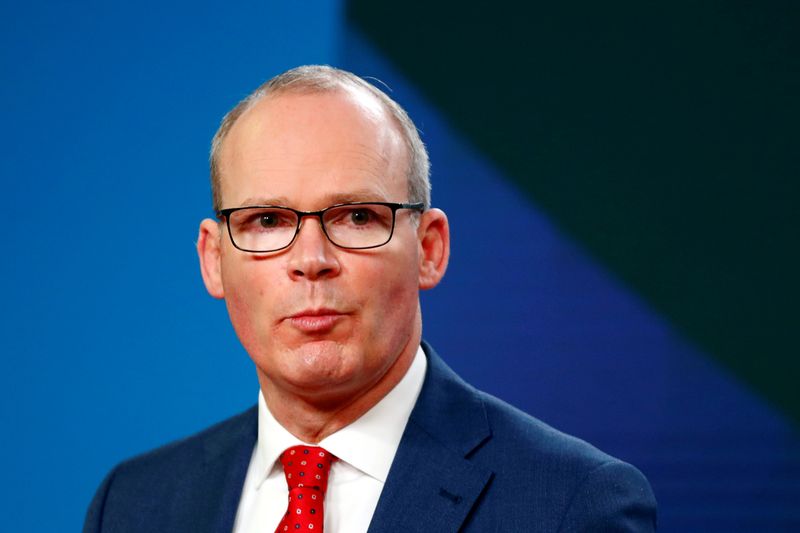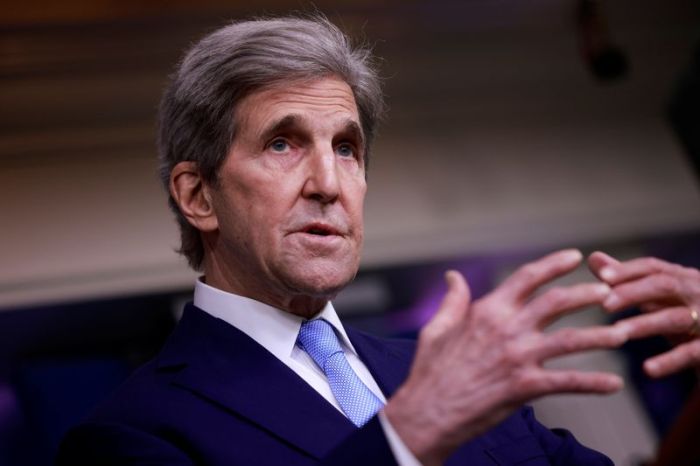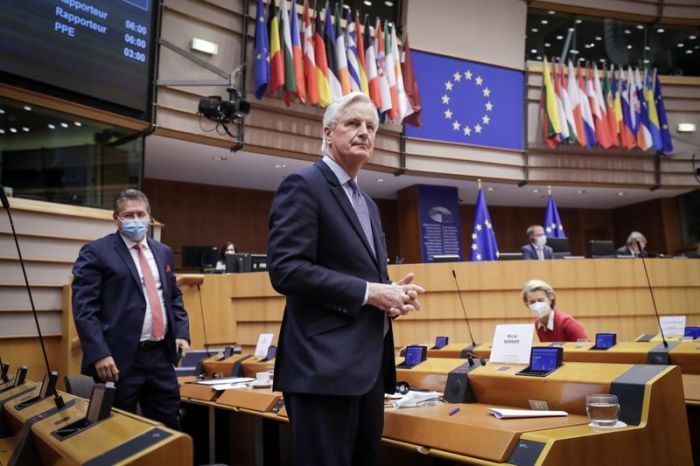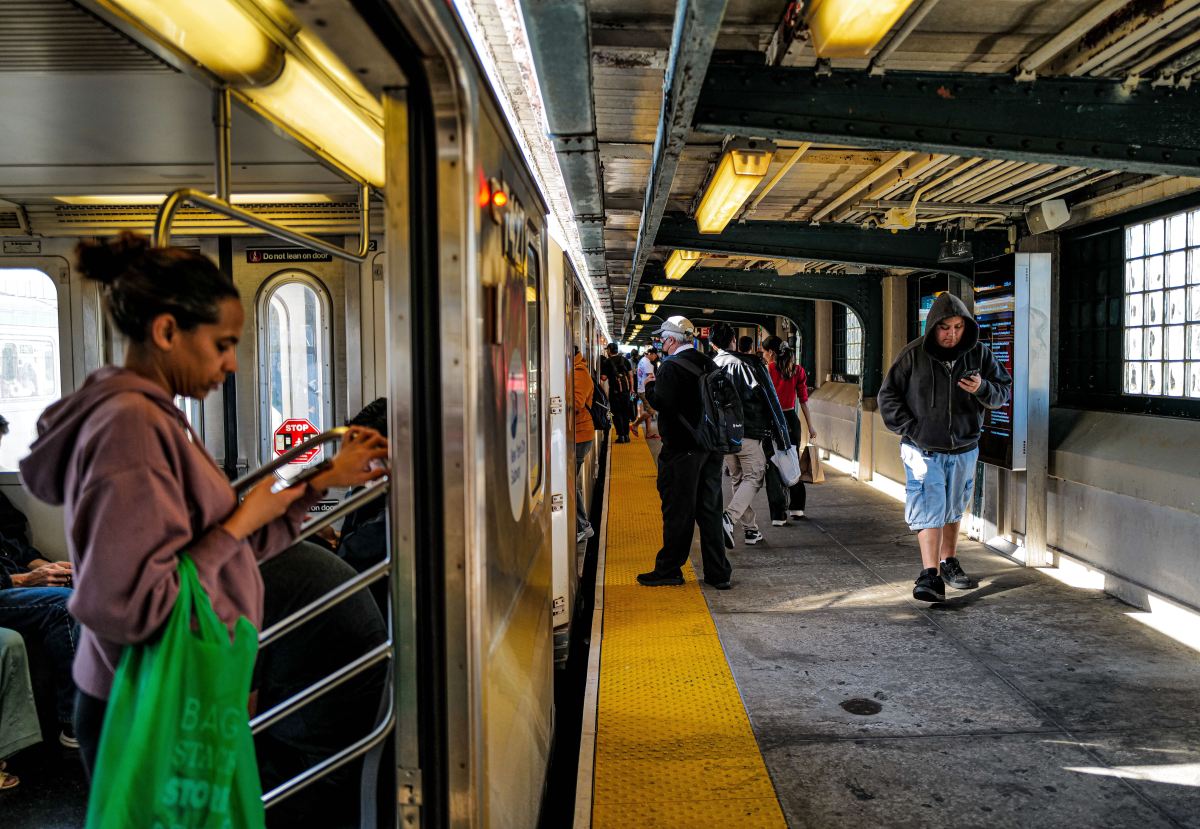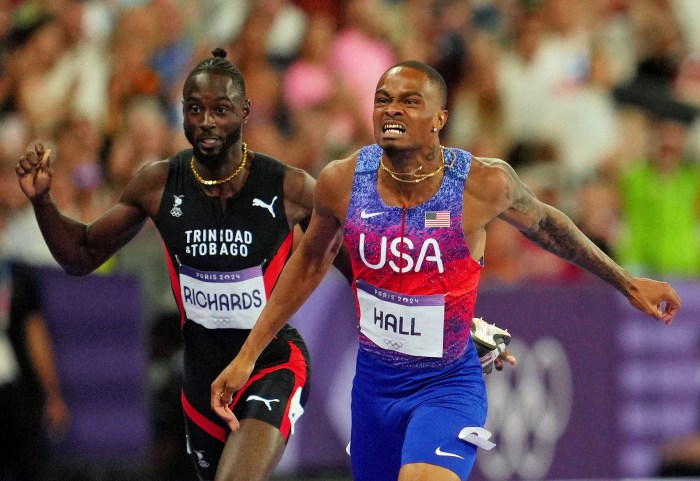DUBLIN (Reuters) -Ireland’s foreign minister said he firmly believes Britain and the European Union can solve outstanding issues around post-Brexit trade in Northern Ireland, particularly if a middle ground can be found on animal and animal product checks.
Trade barriers introduced between Northern Ireland and the rest of the United Kingdom have caused deep anger among many pro-British unionists in the region and were partly responsible for over a week of nightly street violence this month.
British and EU negotiators have said they will step up talks in the coming weeks to solve what Simon Coveney described on Tuesday as “practical frustrations” in how the Northern Ireland protocol is being implemented.
“I firmly believe that acting together within the framework of the protocol, the EU and UK can find solutions to the outstanding issues,” Coveney told a parliamentary committee.
“Finding a sustainable and collaborative way forward will also foster stability that given recent very concerning disturbances in Northern Ireland is needed now more than ever.”
Northern Ireland has remained in the EU single market for goods since Britain left the bloc’s orbit on Dec. 31 to ensure an open border with EU member Ireland and so requires checks on goods coming from other parts of the United Kingdom.
Coveney said 20 of the 26 different issues isolated by negotiators could be solved through technical discussions but that the others are more contentious and may require a change of approach from the politicians.
Those include the supply of medicines into Northern Ireland, steel tariffs, labelling of goods and most crucially sanitary and phytosanitary (SPS) checks on animal and animal product checks, he said.
Britain previously swiftly rejected signing up to “dynamic alignment” with EU standards that would have removed most of those checks while the EU knocked back a UK proposal for a more hands off approach.
Coveney said finding a middle ground on this issue offered a real opportunity to “quite significantly” change the implementation of the protocol.
“It is a no brainer as far as I’m concerned but unfortunately many of the issues linked to Brexit are approached not from the basis of pragmatism but in terms of Britain needing to do its own thing,” he said, referring to the SPS issue.
(Reporting by Padraic Halpin;Editing by Chris Reese and Alison Williams)

